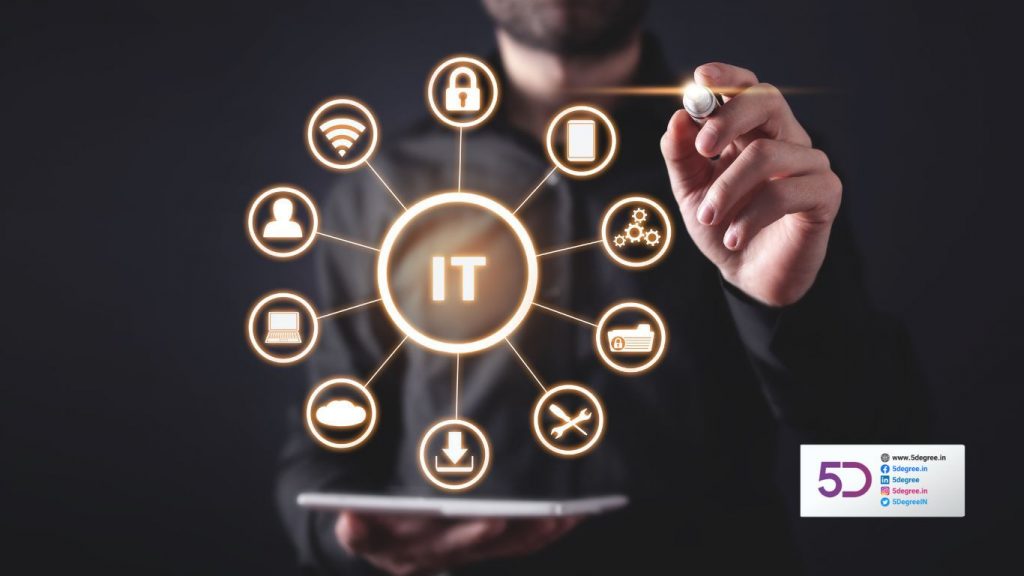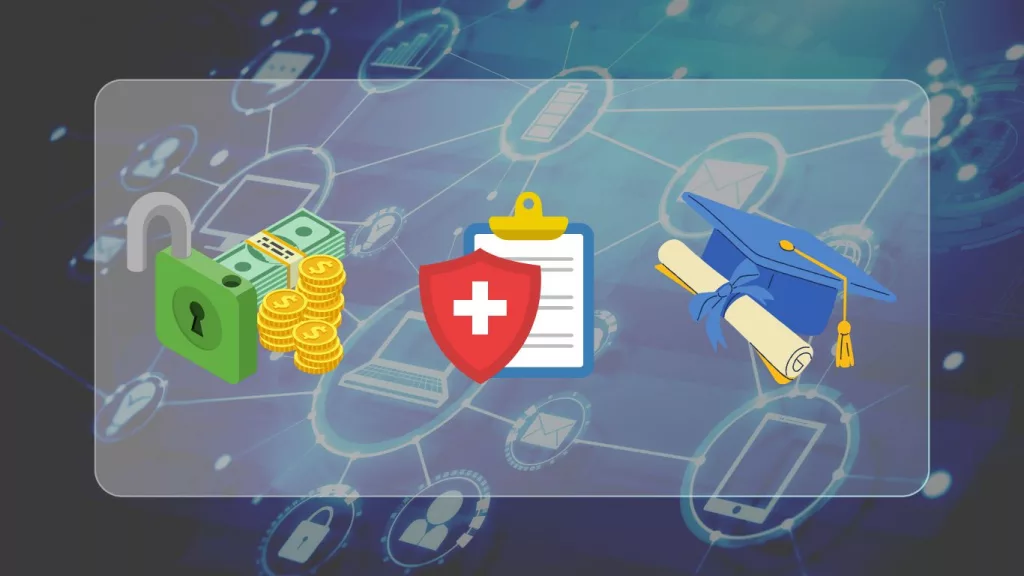Click on the below links to navigate to the topics
Artificial Intelligence
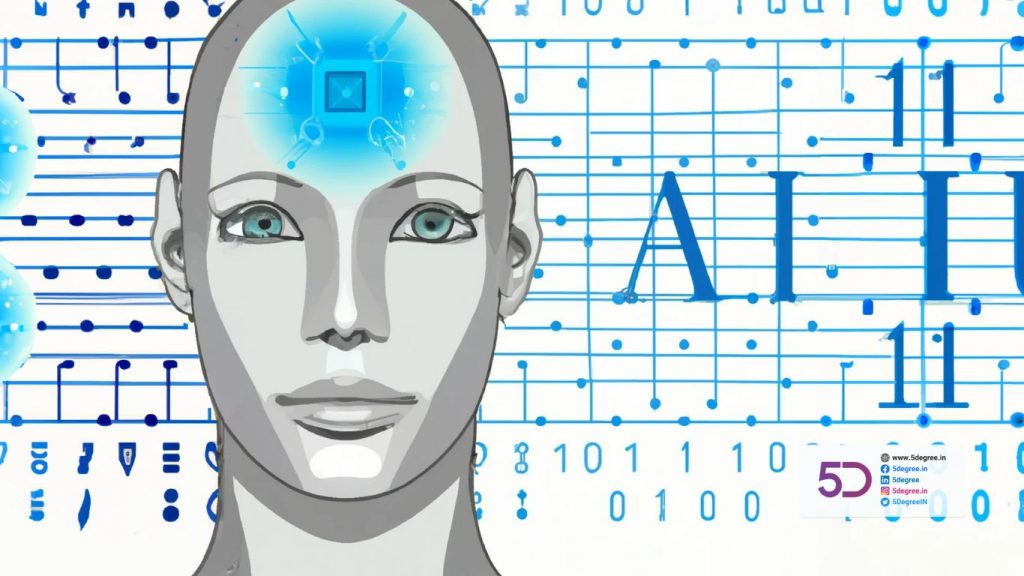
Artificial intelligence (AI) and machine learning (ML) are two closely related fields that have gained significant attention in recent years. AI refers to the ability of machines to perform tasks that would normally require human intelligence, such as recognizing patterns, learning from data, and making decisions. ML is a subfield of AI that involves training algorithms to improve their performance over time, without the need for explicit programming.
Cloud Computing

Cloud computing is another trend that has gained widespread adoption in the IT industry. It refers to the delivery of computing services, such as storage, processing, networking, and software, over the internet, rather than running them on local servers or personal computers. Cloud computing allows businesses to access and use these resources on demand, and only pay for what they use, rather than investing in and maintaining their own infrastructure.
Other trends in technology include the Internet of Things (IoT), which refers to the interconnectedness of physical devices and appliances, and the use of blockchain technology, which allows for secure and transparent record-keeping and transactions.
5G Technology
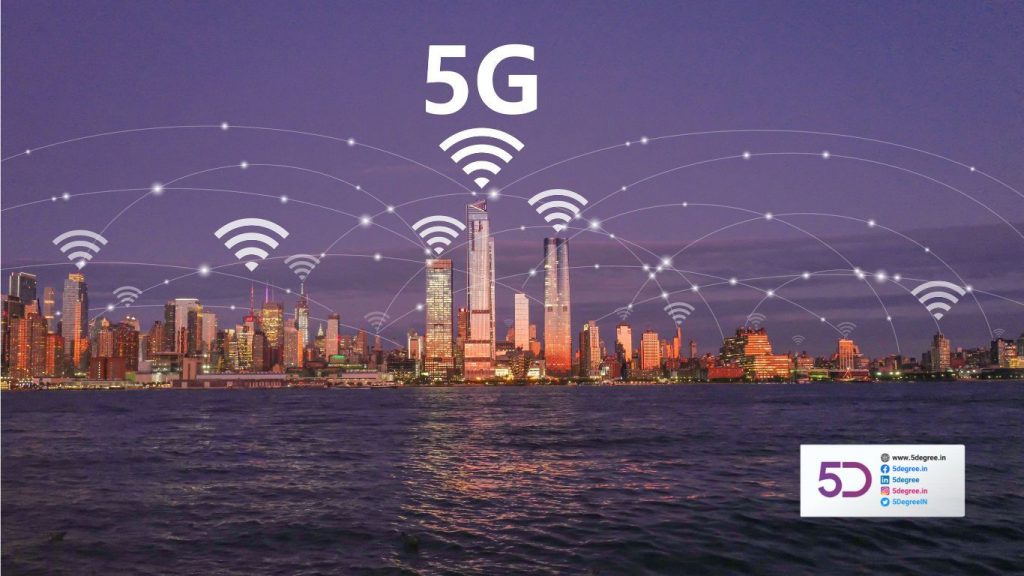
5G: The fifth generation of mobile network technology, which offers faster speeds and lower latency than previous generations, is being rolled out around the world. This will enable a range of new applications and services, including the Internet of Things (IoT), telemedicine, and autonomous vehicles.
AR and VR
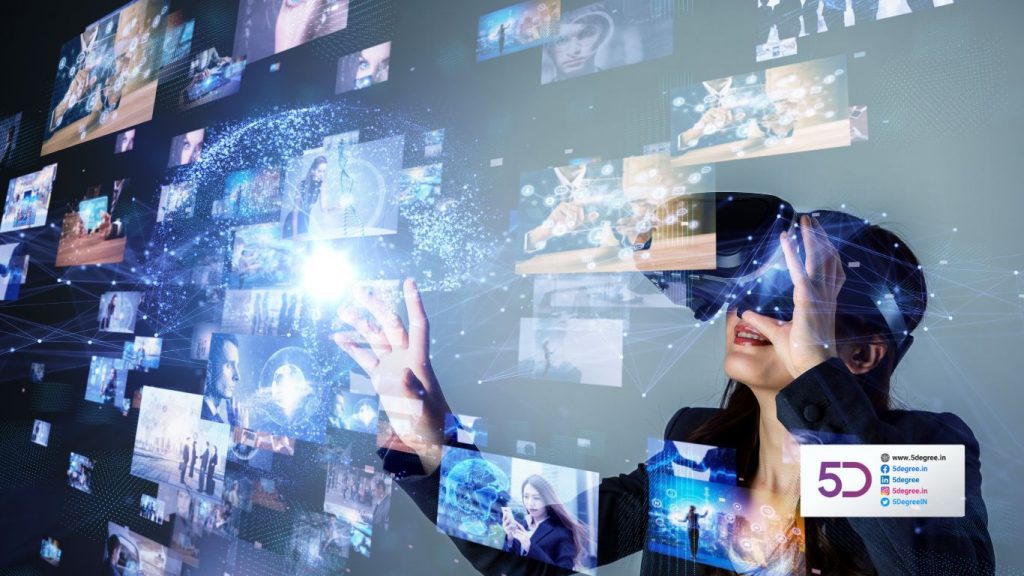
Virtual and Augmented Reality: These technologies are being used in a variety of applications, including gaming, education, and training, as well as in industries such as architecture, engineering, and construction.
Edge Computing
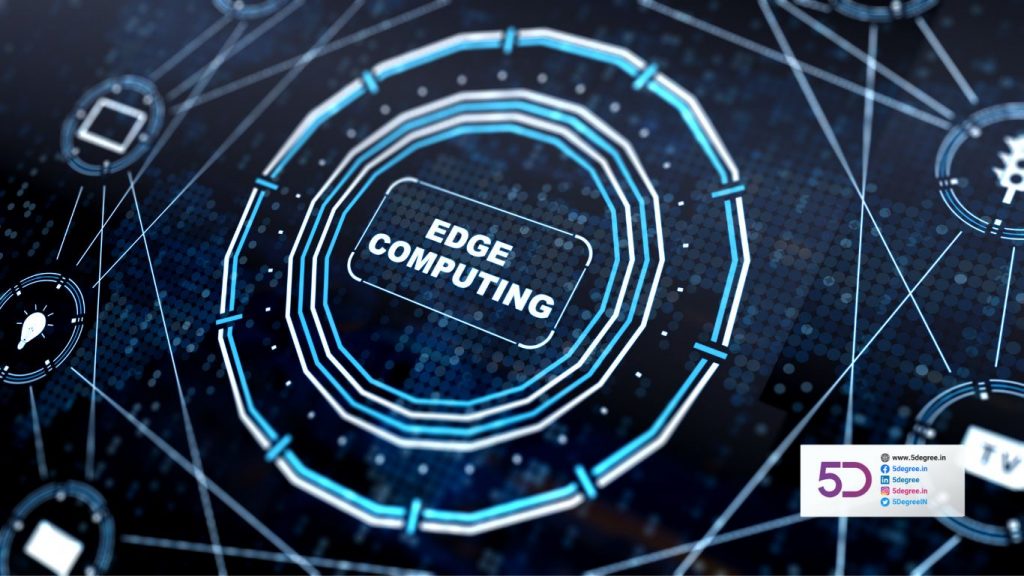
Edge computing: This refers to the use of distributed computing resources, such as servers and storage, closer to the users and devices that need them, rather than relying on centralized data centers. Edge computing can improve the performance and reliability of applications, particularly for latency-sensitive applications, such as those in the IoT.
Quantum Computing
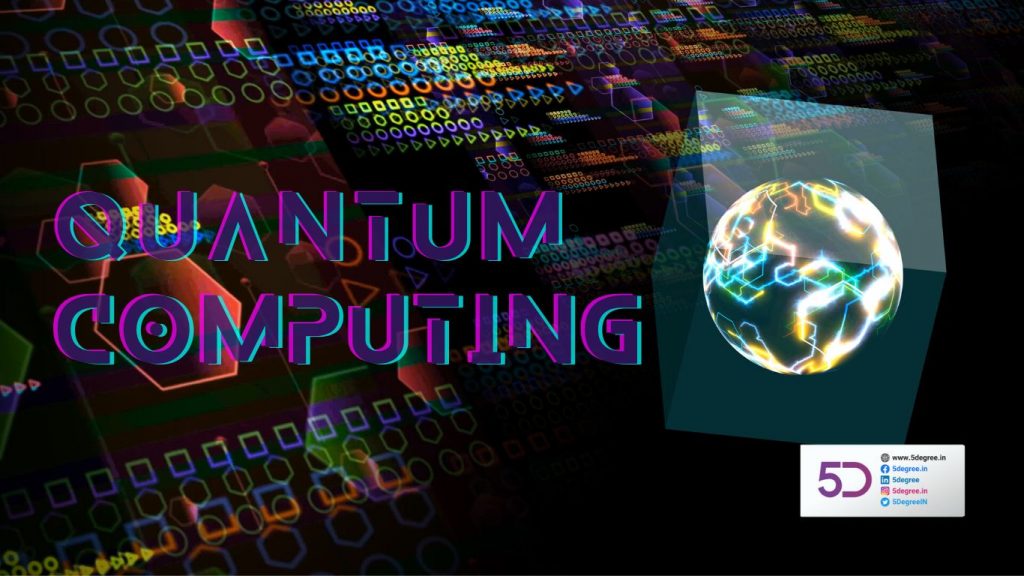
Quantum computing: This emerging field involves the use of quantum-mechanical phenomena, such as superposition and entanglement, to perform calculations that would be impractical or impossible using classical computers. Quantum computers have the potential to solve certain types of problems much faster than classical computers, and could have significant implications for fields such as drug discovery, financial modeling, and cryptography.
